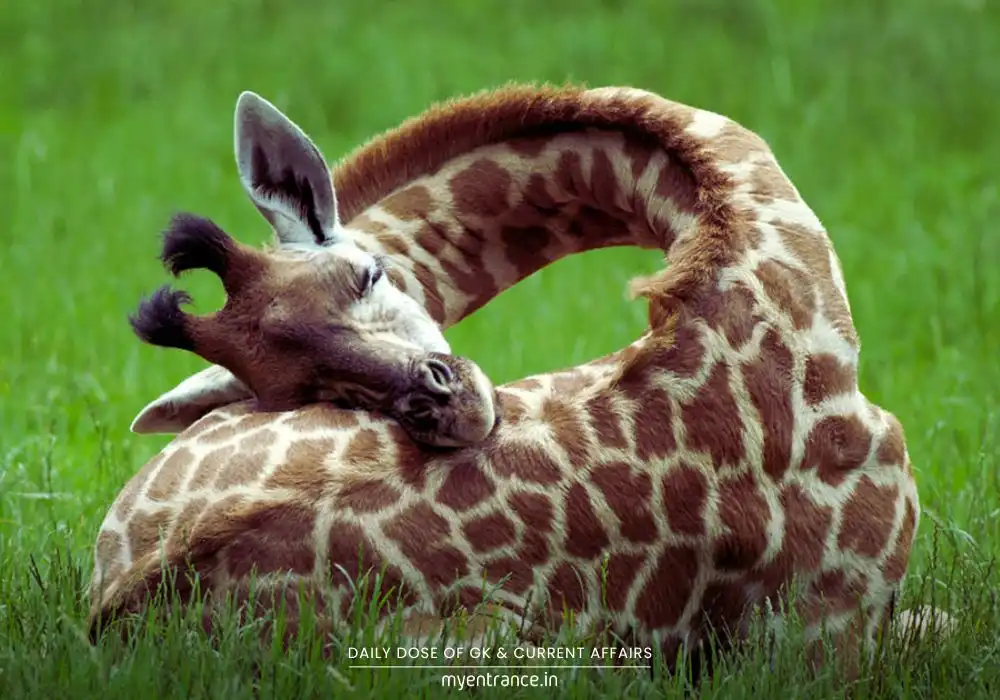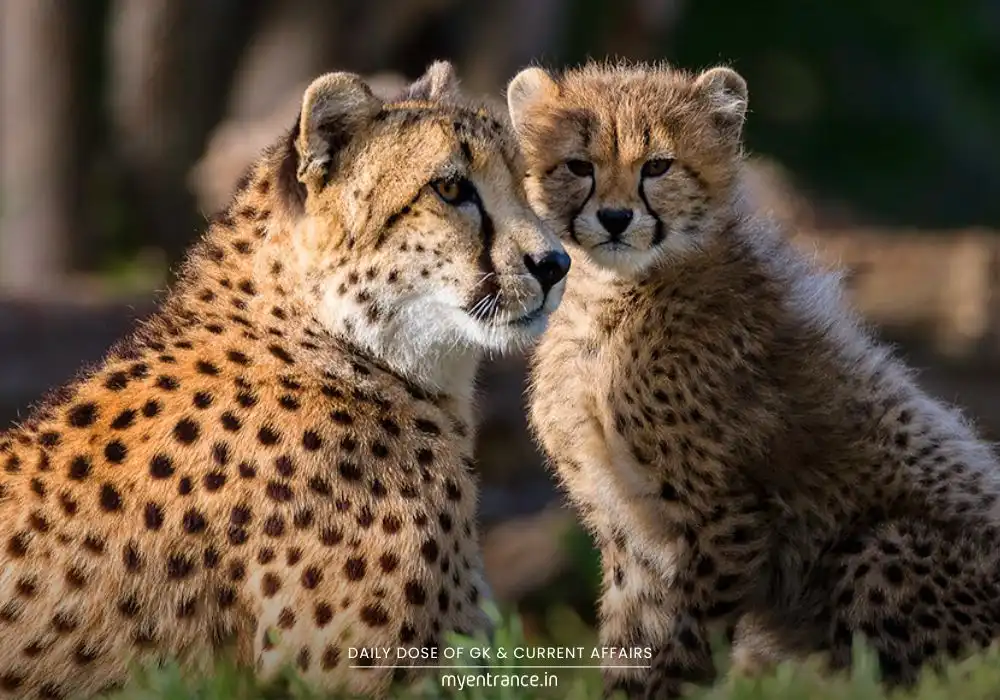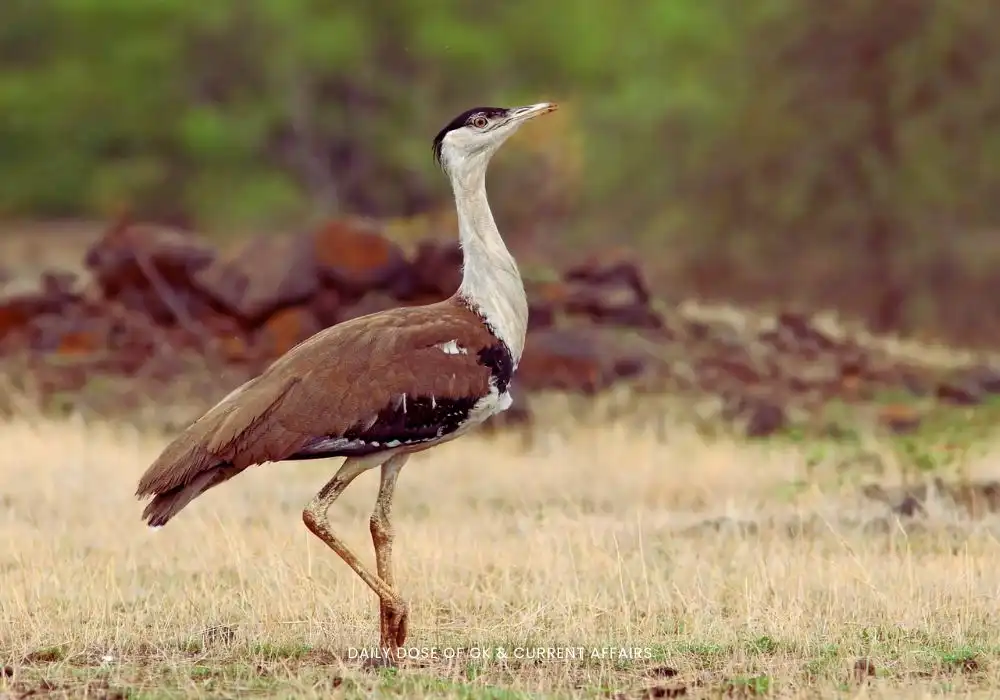Translate Language
Do Animals Get Insomnia? 5 Wild Species That Barely Sleep!
Insomnia isn’t exclusive to humans battling stress or heatwaves. Surprisingly, several animals evolved to function on almost zero sleep. While we flick on ACs for comfort, wild creatures rely on extraordinary adaptations to survive sleeplessness.

The Sleepless Five: Nature’s Ultimate Night Owls
1. Giraffes: The 30-Minute Power Nappers
Giraffes rarely enjoy deep sleep, clocking just 30 minutes daily. Their survival hinges on hyper-alertness against predators like lions. Instead of long rests, they take micro-naps of 1-2 minutes while standing. This “sleep on standby” mode lets them spring into action instantly – a trait that keeps them alive in Africa’s dangerous savannas.
2. Bullfrogs: Masters of the Half-Awake State
Bullfrogs blur the line between sleep and wakefulness. Studies reveal they never fully “switch off” like mammals. Instead, they cycle between low-energy phases and full alertness. Even with eyes closed, their brains stay wired to detect threats, thanks to a unique survival adaptation. This perpetual readiness helps them dodge predators in murky ponds.
3. Jellyfish: Brainless but Restful?
No brain? No problem! Jellyfish defy biology by entering rest states without a central nervous system. At night, they reduce pulsing movements and respond slower to stimuli – a primal form of sleep. This discovery hints that even ancient organisms conserve energy through inactivity. Their version of “rest” reshapes our understanding of sleep’s evolution.
4. Sea Urchins: The Tireless Ocean Wanderers
These spiky marvels lack traditional sleep cycles but rhythmically alternate between activity bursts and restful pauses. During group “quiet phases,” they conserve energy while staying semi-responsive. Their rest isn’t sleep as we know it – it’s an ingenious evolutionary hack for non-stop survival in tidal zones.
5. Elephants: The 48-Hour Marathoners
Wild elephants sleep just 2 hours/day – often standing up. When migrating or evading poachers, they’ve been recorded awake for 48+ hours straight. Unlike zoo elephants that nap lying down, their wild counterparts prioritize vigilance. Fragmented 30-minute snoozes help them guard calves and navigate threats in shifting environments.
Why This Matters for Your Exam Prep
Just as these animals adapt to thrive without sleep, competitive exam warriors (like SSC, UPSC, or KAS aspirants) can learn from nature’s resilience. While we don’t recommend skipping rest before exams, strategic power naps and alertness techniques keep you battle-ready.
Get 3 Months Free Access for SSC, PSC, NIFT & NID
Boost your exam prep!
Use offer code WELCOME28 to get 3 months free subscription. Start preparing today!















